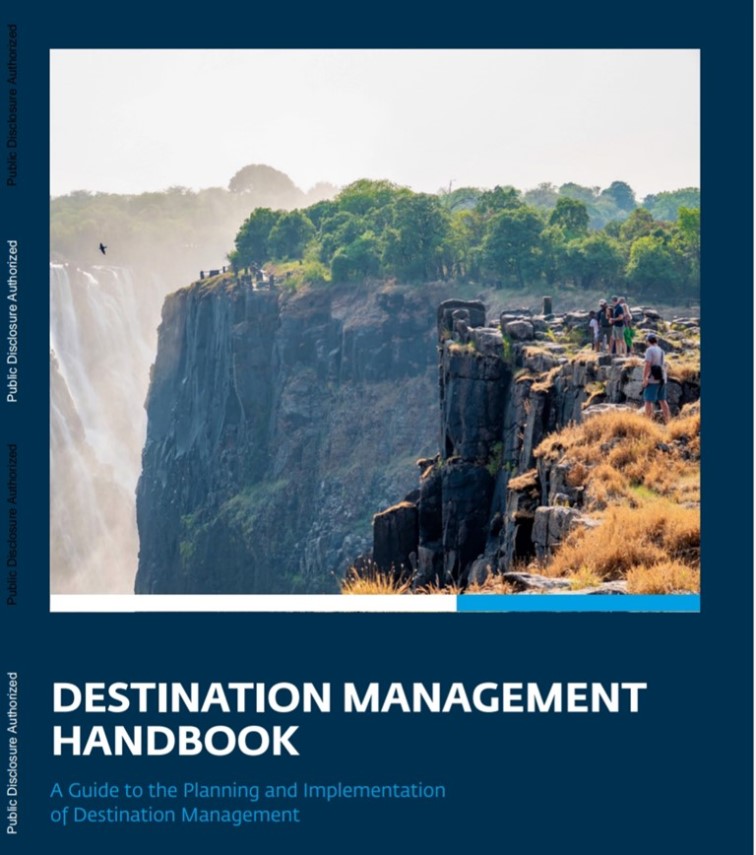
Relevance of Destination Management
Destination Management is the art of getting all the components of a destination like attractions, amenities, accessibility, human resources, image, and pricing, together to attract tourists. The central role of destination management is to harmonize these elements into a cohesive strategy or plan, one that serves the interests of all involved stakeholders. By doing so effectively, destination management can help destinations achieve a delicate balance between reaping the advantages of tourism and ensuring long term Sustainability, optimising the experience for the visitors.
In an ever-competitive tourism landscape, destinations have come to realize that proficient management can be a game-changer. It can empower them to either attract a larger number of visitors or influence the kind of visitors they wish to host. Destination managers possess the tools to steer the flow of tourism, creating economic wealth and job opportunities or putting in place regulations to safeguard local traditions, ways of life, and the environment.
Furthermore, destination management does not only focus on the economic aspects but also on social and environmental sustainability. It strives to ensure that the benefits of tourism do not simply enrich a few but are equitably distributed among the local community and shared with all stakeholders. This not only contributes to the economic well-being of the destination but also fosters a sense of ownership and pride among the local population.
In its essence, destination management has two primary objectives. Firstly, it aims to harness the full potential of tourism for the destination, fostering an environment where tourism works for the benefit of everyone involved. Secondly, it is dedicated to the long-term preservation and sustainability of the destination, making sure that the impacts of tourism are positive and enduring, not just for the present generation, but for those to come.
Read full details in the report by the World Bank Group here.





